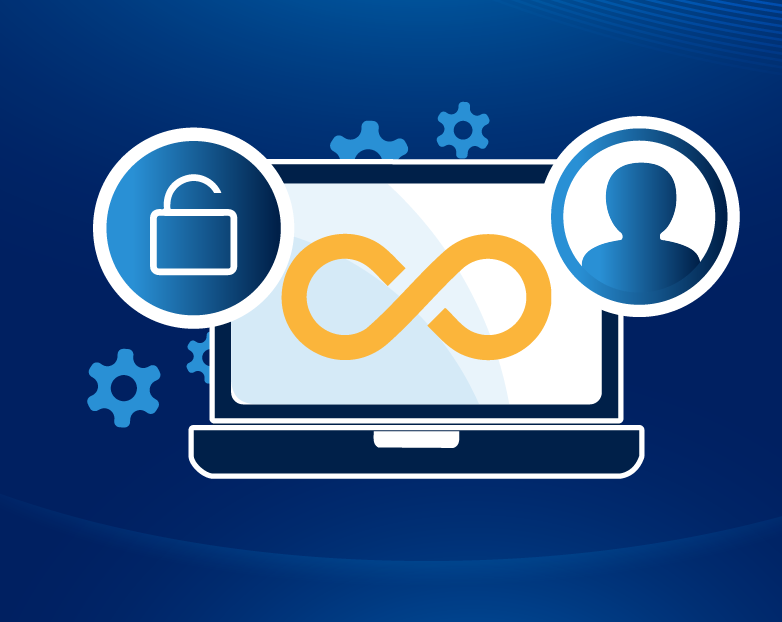For two decades, publishers have tried to balance privacy and personalization. Cookies gave them recognition, but not control. Clean rooms brought compliance, but not scale.
The next stage is federated identity: a system where publishers and advertisers collaborate without ever sharing raw data.
With AdFixus, this becomes practical today.
Here’s what happens behind the scenes:
- Each publisher uses AdFixus to issue their own encrypted, first-party ID.
- Those IDs can be transcoded (securely matched) with an advertiser’s environment, but only in a mathematically anonymous way.
- No emails, no IP addresses, no personal information ever leaves either domain.
- Both sides keep full data ownership while being able to measure reach, conversions, and campaign outcomes deterministically.
This is a fundamental shift: instead of trading data, companies trade trust.
Three tangible benefits for publishing leaders:
- Direct Monetization Partnerships
With deterministic IDs, publishers can prove audience overlap or conversions without depending on external graphs. That opens direct deals with brands: cleaner, faster, and often higher CPMs than programmatic. - Privacy-Resilient Growth
Because AdFixus never handles PII, it’s automatically compliant with GDPR, CPRA, and emerging browser standards. You stay ahead of regulation instead of reacting to it. - Lower Dependency on Big Tech
Federated identity restores independence. You can collaborate on performance outcomes with advertisers without relying on Google, Meta, or The Trade Desk to connect the dots for you.
The open web doesn’t have to die in the age of privacy - it just needs a new architecture of trust.
AdFixus is helping publishers build it.













